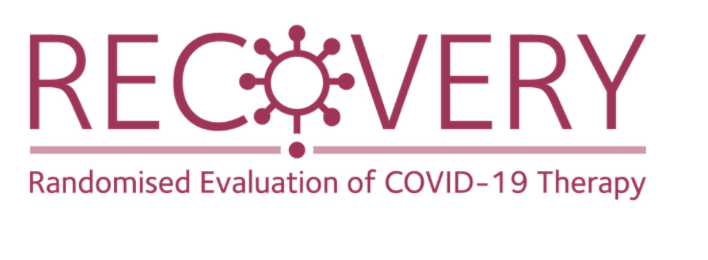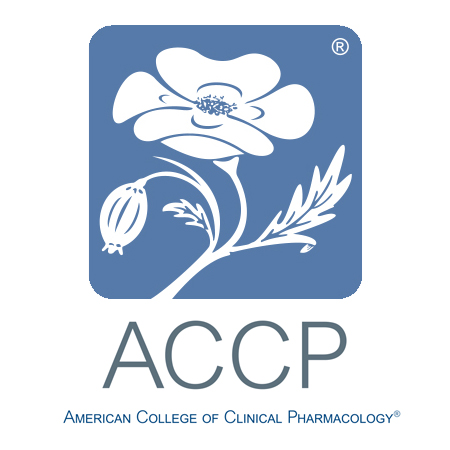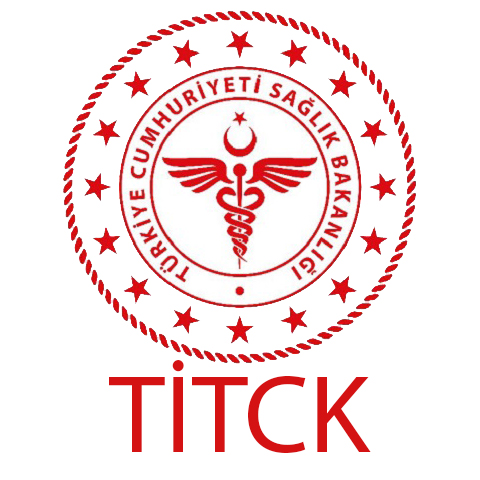
Study: Hydroxychloroquine had no benefit for hospitalized Covid-19 patients, possibly closing door to use of drug
İngiltere hükümeti tarafından desteklenen RECOVERY klinik çalışmasının ön raporuna göre çok açık bir şekilde hastanede yatan covid-19 hastalarında chloroquine'in ölümleri önlemediği ortaya çıkmış. Çalışmayı yürüten Oxford Üniversitesi epidemiyoloji Prof Martin Landray bu çalışmanın tüm dünyada bu konudaki tıbbi uygulamayı değiştireceğini, tedavilerin etkenlik ve emniyeti için büyük çaplı araştırmalara ihtiyaç olduğunu belirtmiştir.
RECOVERY çalışmasında toplam 1542 hasta hydroxychloroquine ile tedavi edilmiş, 3132 hastaya standart tedavi uygulanmıştır. 28 Günlük tedavi sonunda hydroxychloroquine kullananlarda %25.7 ölüm, kullanmayanlarda %23.5 ölüm görülmüştür. Anlamı HYDROXYCHLOROQUINE İLA TEDAVİ EDİLEN HASTALARDA %11 DAHA FAZLA ÖLÜM GÖRÜLMEKTE. Araştırma yakında tüm detayları ile yayınlanacaktır.
Professor Peter Horby and Professor Martin Landray, chief investigators of the RECOVERY Trial, said ‘In March this year, RECOVERY was established as a randomised clinical trial to test a range of potential drugs for COVID-19, including hydroxycholoroquine.
‘The trial has proceeded at unprecedented speed, enrolling over 11,000 patients from 175 NHS hospitals in the UK. Throughout this time, the independent Data Monitoring Committee has reviewed the emerging data about every two weeks to determine if there is evidence that would be strong enough to affect national and global treatment of COVID-19.
‘On Thursday 4 June, in response to a request from the UK Medicines and Healthcare Products Regulatory Agency (MHRA), the independent Data Monitoring Committee conducted a further review of the data. Last night, the Committee recommended the chief investigators review the unblinded data on the hydroxychloroquine arm of the trial.
‘We have concluded that there is no beneficial effect of hydroxychloroquine in patients hospitalised with COVID-19. We have therefore decided to stop enrolling participants to the hydroxychloroquine arm of the RECOVERY Trial with immediate effect. We are now releasing the preliminary results as they have important implications for patient care and public health.
‘A total of 1542 patients were randomised to hydroxychloroquine and compared with 3132 patients randomised to usual care alone. There was no significant difference in the primary endpoint of 28-day mortality (25.7% hydroxychloroquine vs. 23.5% usual care; hazard ratio 1.11 [95% confidence interval 0.98-1.26]; p=0.10). There was also no evidence of beneficial effects on hospital stay duration or other outcomes.
‘These data convincingly rule out any meaningful mortality benefit of hydroxychloroquine in patients hospitalised with COVID-19. Full results will be made available as soon as possible.
Peter Horby, Professor of Emerging Infectious Diseases and Global Health in the Nuffield Department of Medicine, University of Oxford, and Chief Investigator for the trial, said:
‘Hydroxychloroquine and chloroquine have received a lot of attention and have been used very widely to treat COVID patients despite the absence of any good evidence. The RECOVERY Trial has shown that hydroxychloroquine is not an effective treatment in patients hospitalised with COVID-19. Although it is disappointing that this treatment has been shown to be ineffective, it does allow us to focus care and research on more promising drugs.’
Martin Landray, Professor of Medicine and Epidemiology at the Nuffield Department of Population Health, University of Oxford, and Deputy Chief Investigator, said ‘There has been huge speculation and uncertainty about the role of hydroxychloroquine as a treatment for COVID-19, but an absence of reliable information from large randomised trials. Today’s preliminary results from the RECOVERY Trial are quite clear – hydroxychloroquine does not reduce the risk of death among hospitalised patients with this new disease. This result should change medical practice worldwide and demonstrates the importance of large, randomised trials to inform decisions about both the efficacy and the safety of treatments.’







